
Category:
Time:
Extended lactation achieved by delayed insemination resulting in longer calving intervals can be a beneficial strategy for high-yielding dairy cows due to reduced feed use per kg milk produced and reduced risk periods around calving. However, there are still concerns whether extended lactation for more than the traditional 12 months impairs milk quality. Previous studies indicate a possible decline in the epithelial integrity when lactation is prolonged and a salty taste in milk has been reported.
The aim of the present study was to ascertain effects on milk quality from cows managed for extended lactation.
The experimental set-up covered milk from two different experiments. In experiment 1, milk was obtained at 3 occasions from 47 Holstein-Friesian cows managed for 18-month carving interval. For experiment 2, milk from 28 cross-bred cows managed for 16 or 18 months calving interval was compared. This design ensured that the effects of both gestation and days in milking could be explored.
The result from experiment 1 showed that lactation period was the main factor affecting milk composition, and fat, protein and casein content increased with lactation stage. This was reflected in significant improvements in the rennet coagulation properties and curd yields. Milk indicators for udder integrity remained unchanged through the lactation period. Milk from late lactation did not score higher in negative sensory attributes than milk from normal lactating cows. Additionally, the data from experiment 2 designed to evaluate in more detail the protein composition of the milk over the lactation periods indicated lactational changes in both individual milk proteins, as well as in some of their post-translational modifications. Our results indicate that the quality of milk from healthy, high-yielding cows in extended lactation should not be a concern for cheese processing.
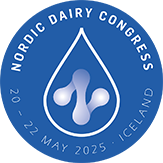







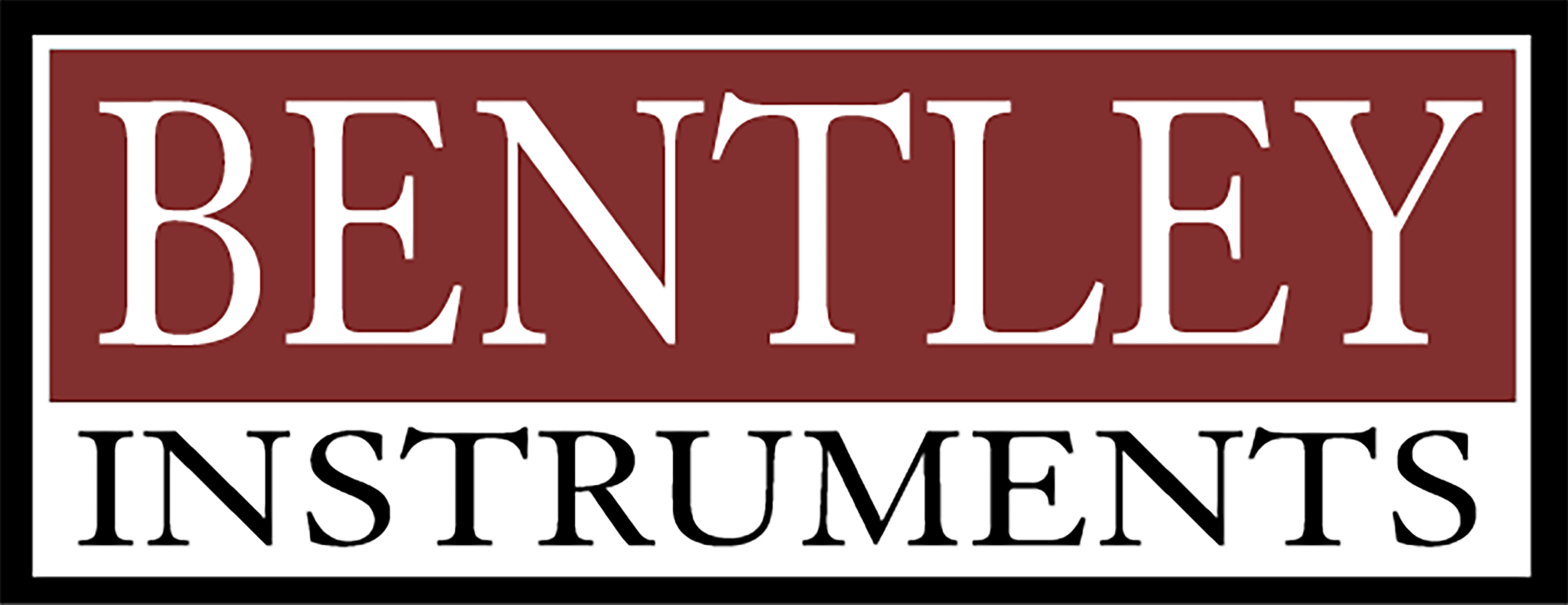




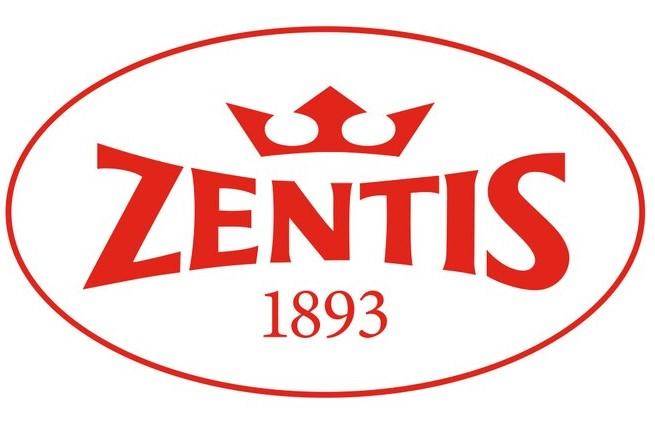




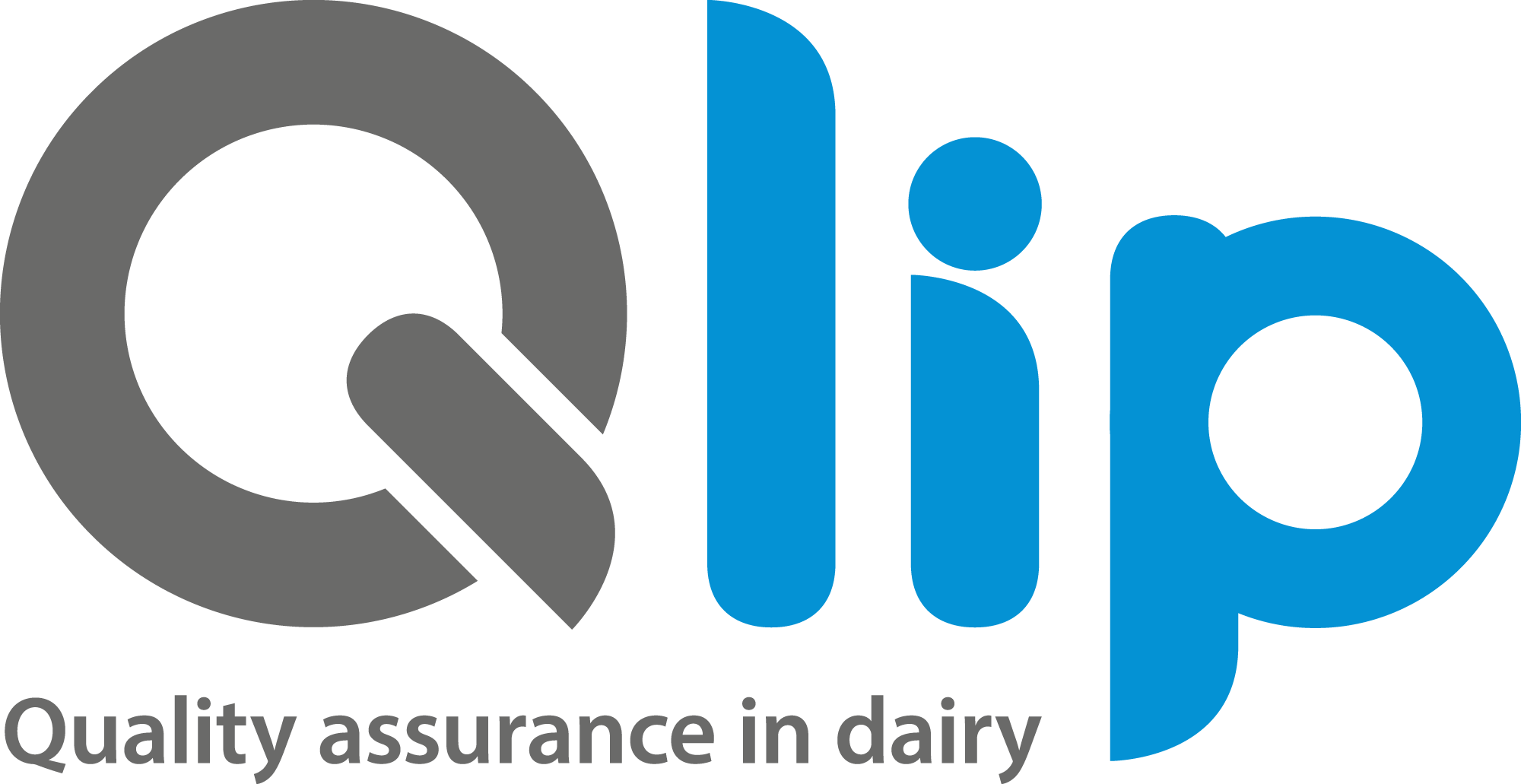
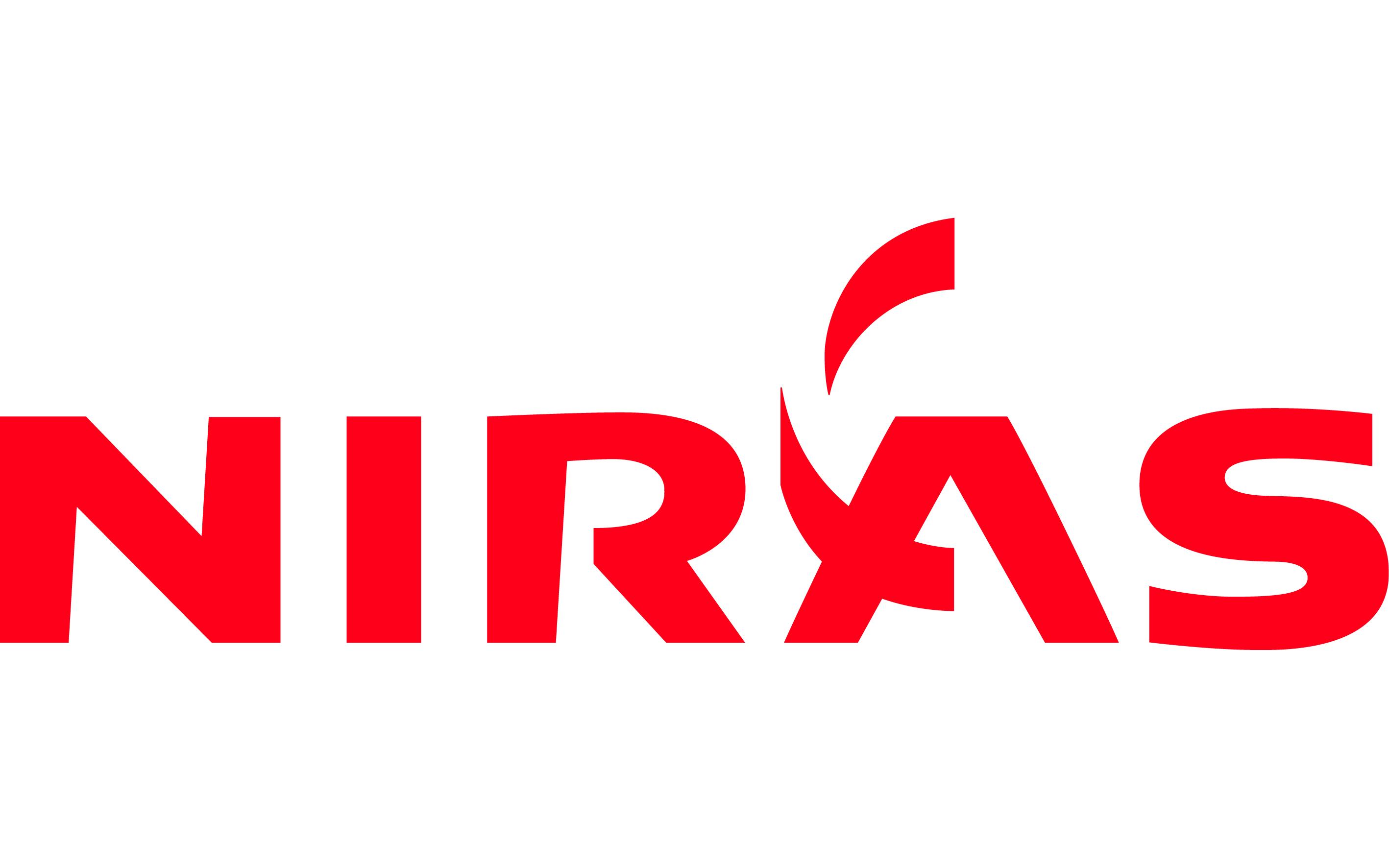









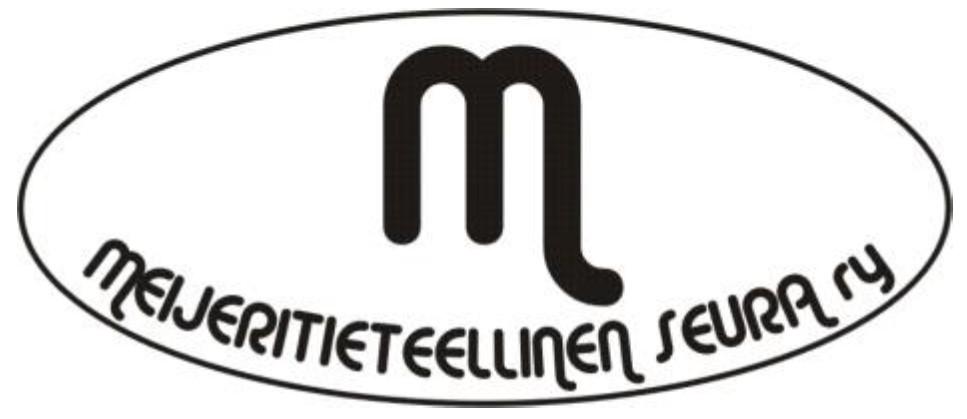
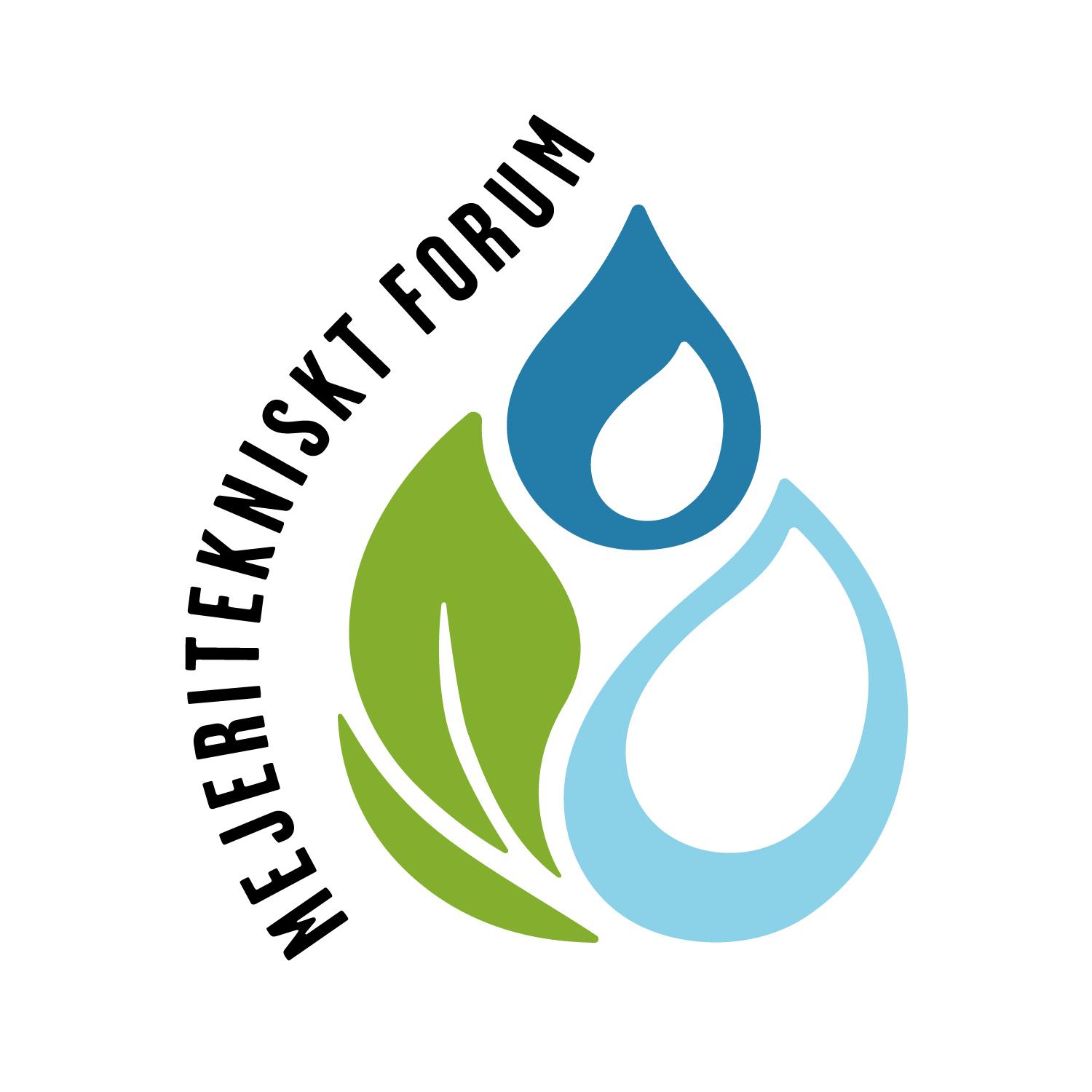
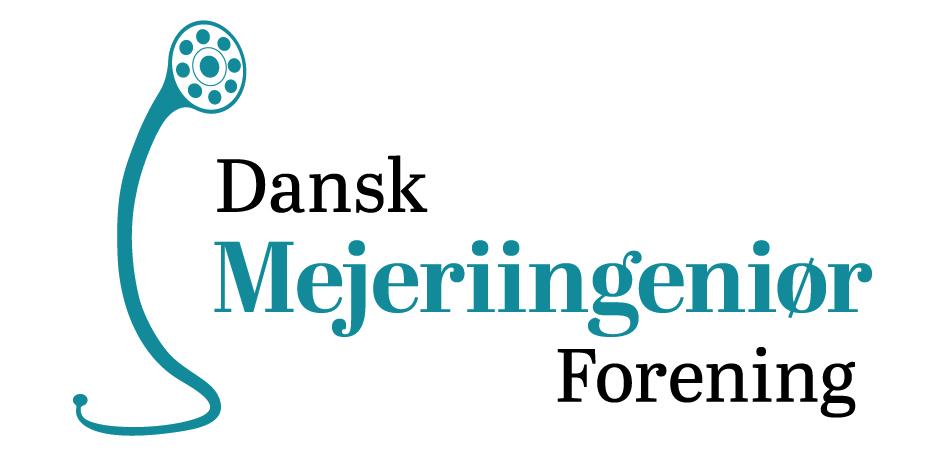
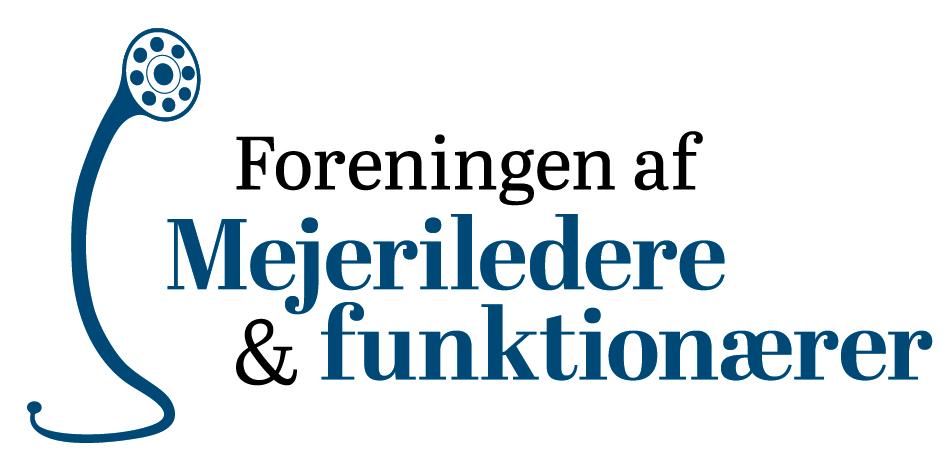



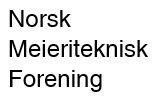
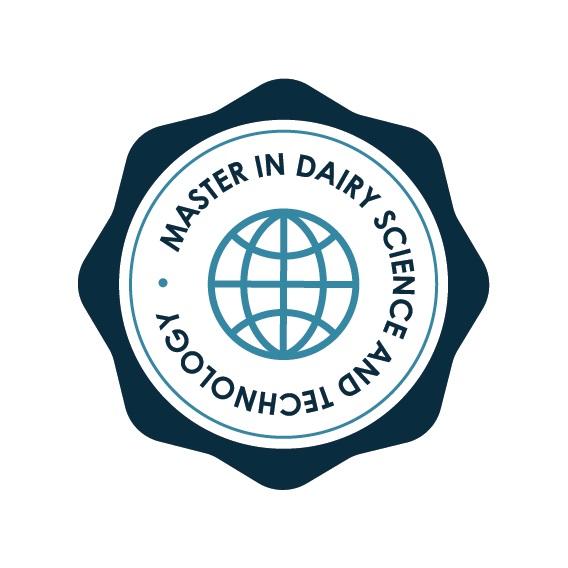


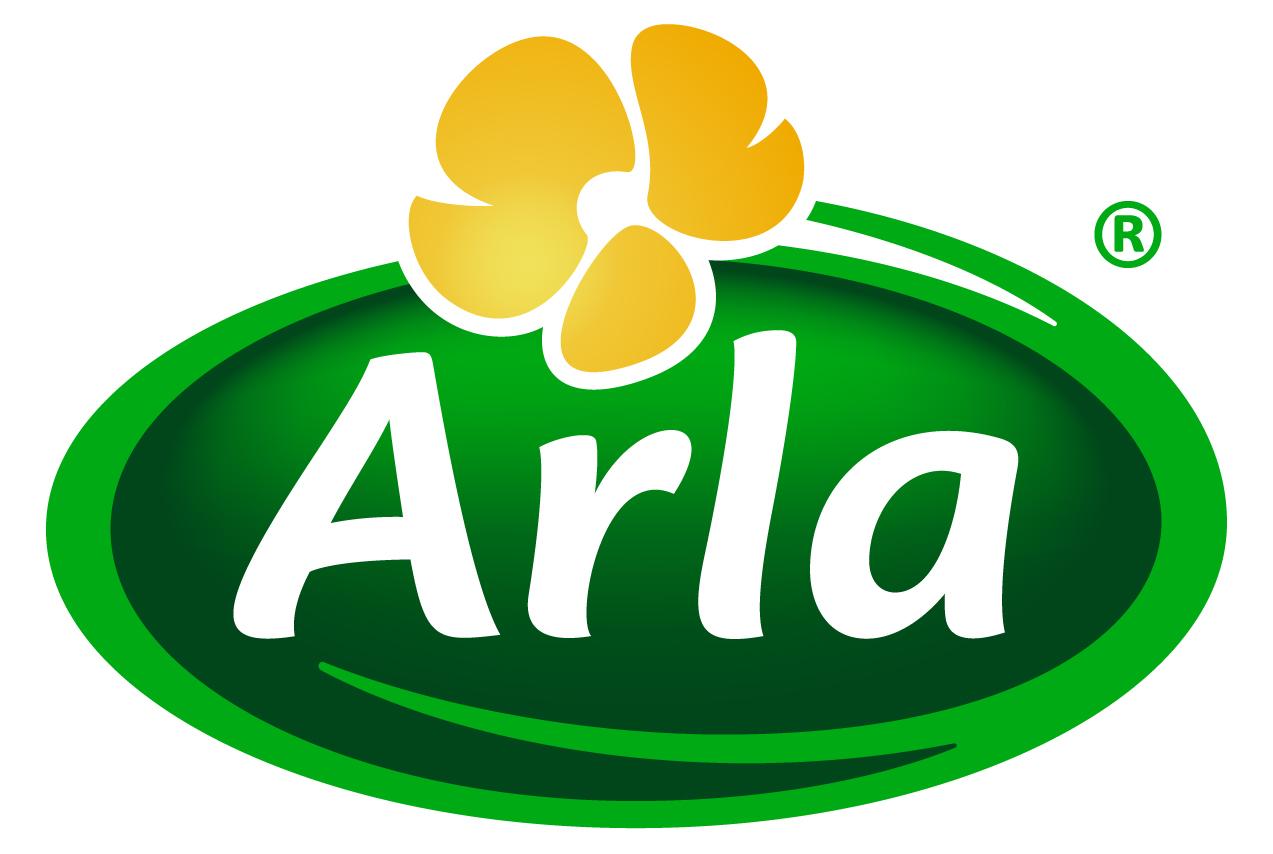

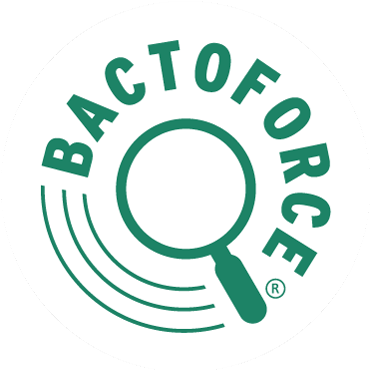

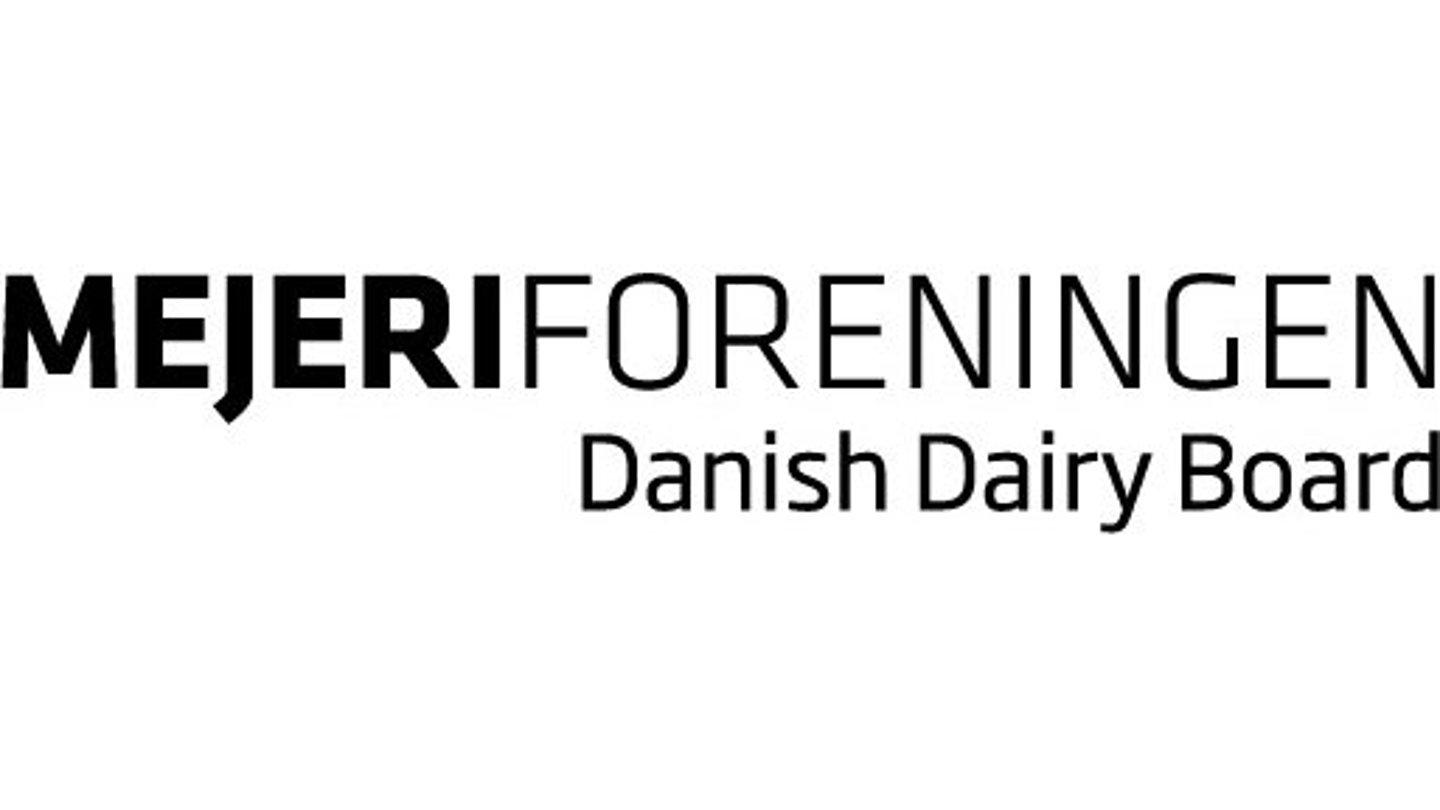
 Munkehatten 28
Munkehatten 28